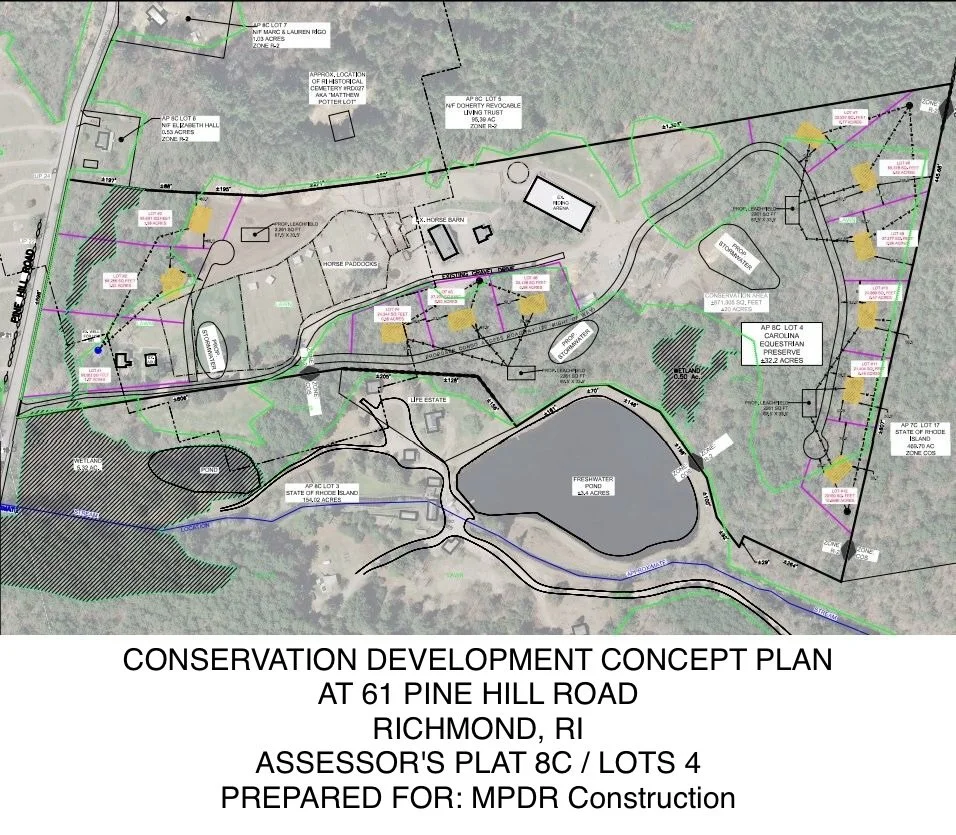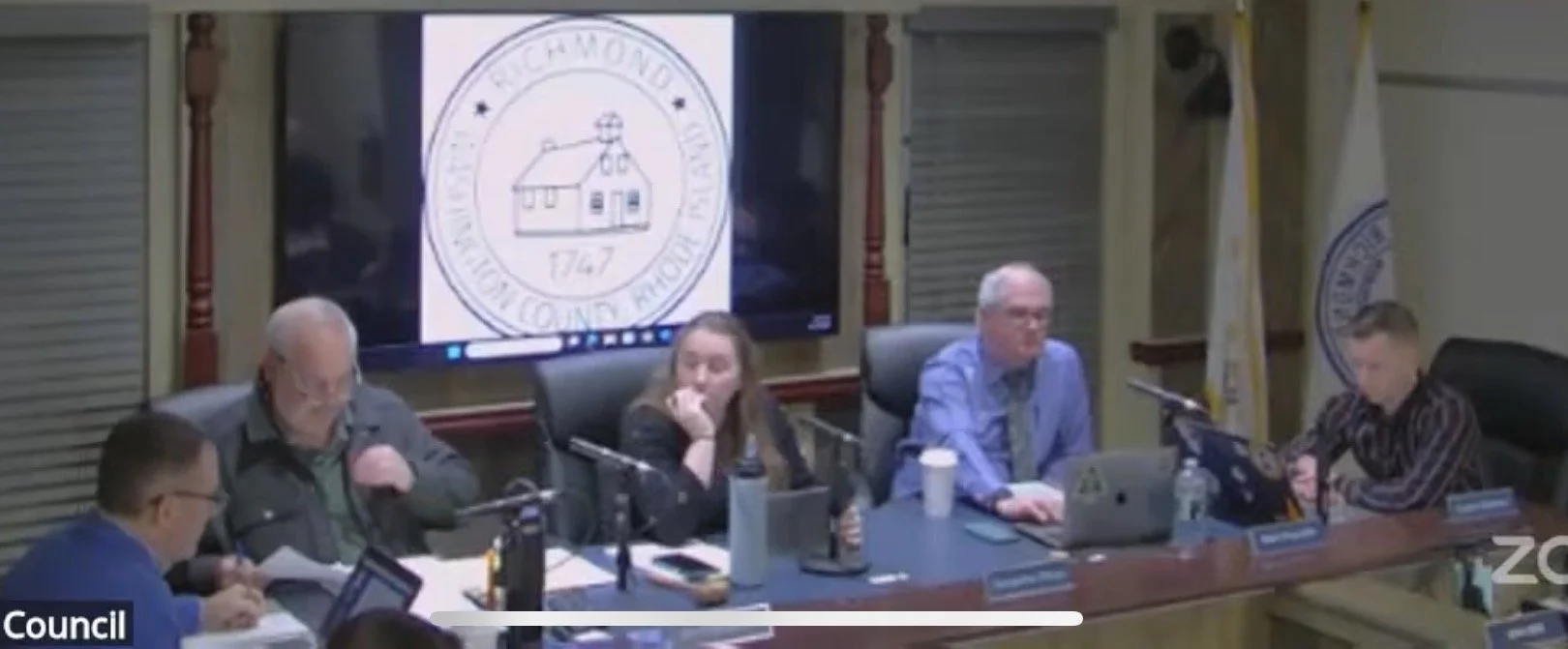
The Beaver River Valley Community Association was founded in 2018 by concerned property owners and residents for the purpose of protecting the rural character and historic and natural resources that define our community.
Featured News
Other Recent News

Two Great Ways to Get Involved
Become a Member
Your dues will support our mission by funding our website, mailings and communications to our membership.
Subscribe
Sign up with your email address to receive news and updates. We respect your privacy and you may unsubscribe at any time.





